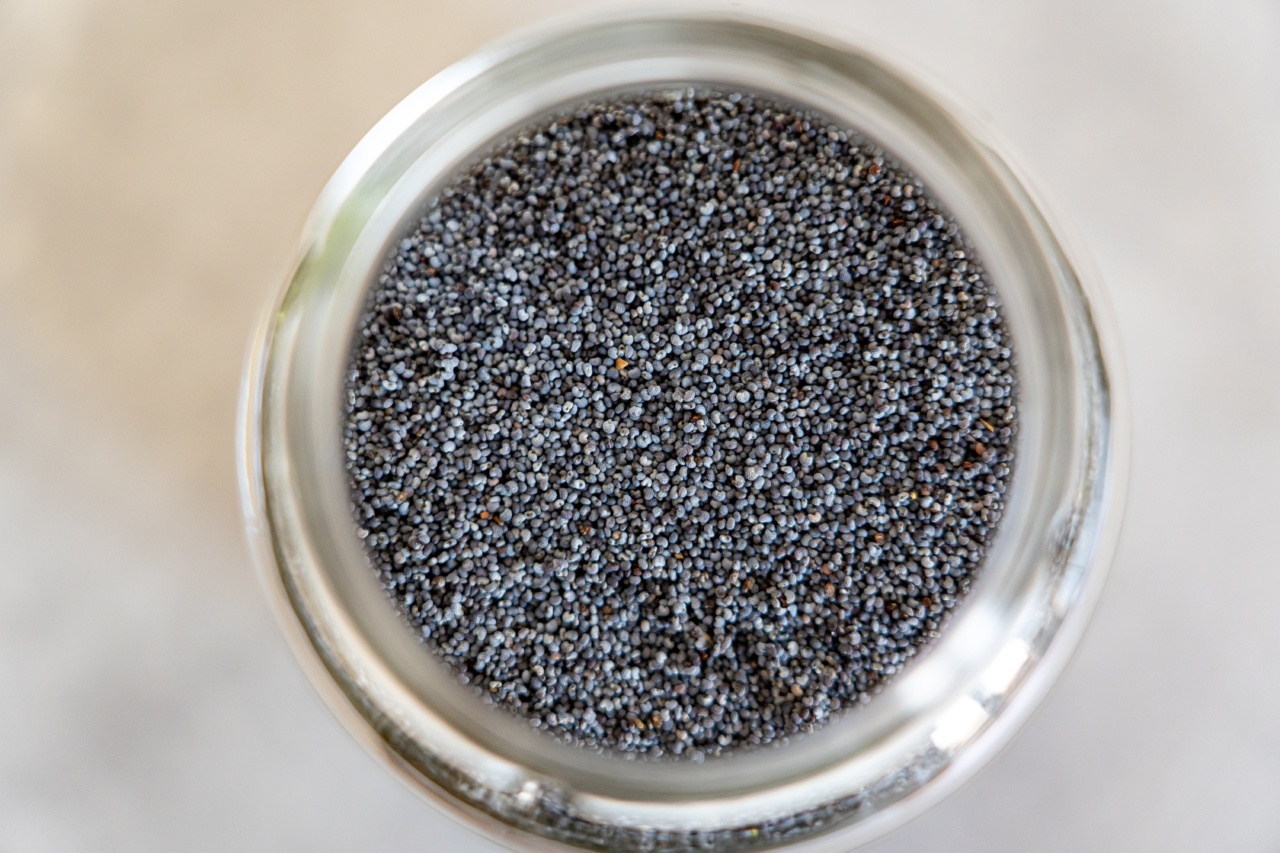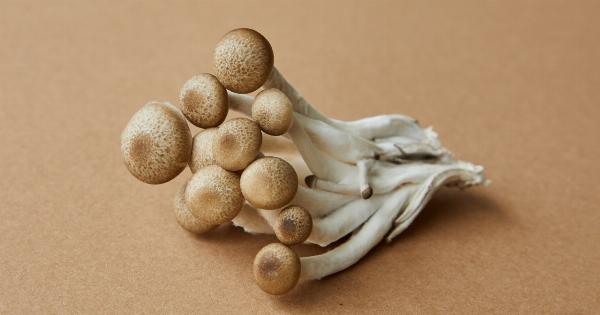Protein is an essential nutrient that plays a vital role in several biological processes in our body. It is necessary for building muscle tissue and repairing damaged cells. Also, it helps with enzyme and hormone production.
Protein is found in many foods such as meat, poultry, fish, dairy products, beans, and legumes. In recent years, high-protein diets have gained popularity as a quick solution to weight loss. However, a protein-rich diet comes with its set of health risks that one needs to be aware of.
This article discusses the health risks associated with protein diets and ways to mitigate them.
What are high-protein diets?
High-protein diets are low-carb diets that have increased protein intake and little or no carbohydrates. The diet’s goal is to achieve weight loss and muscle gain by limiting the number of carbohydrates.
According to research studies, a high-protein diet helps reduce appetite, burn fat, and keep the weight off longer. While high-protein diets can be useful in the short term, relying on them over an extended period can have adverse effects on your health.
What are the health risks of high-protein diets?
High-protein diets come with several health risks that one needs to be aware of. Some of the health risks are as follows:.
Dehydration
Protein-rich diets can cause dehydration, as protein requires more water to digest than carbohydrates and fats. This can lead to severe dehydration if one doesn’t drink enough water.
Symptoms of dehydration include headaches, dry mouth, dark urine, and fatigue.
Kidney Damage
Consuming a high amount of protein puts a strain on the kidneys, leading to kidney damage over time.
The kidneys are responsible for filtering waste products from the blood, and a protein diet can cause an accumulation of waste products that can damage the kidneys.
Bad Breath
A protein diet can cause halitosis or bad breath, known as ketosis. This happens when the body starts breaking down fats to use as fuel instead of glucose. The breakdown of fats creates ketones, which can cause a distinctive odor on breath and body.
Deficiency of Essential Nutrients
A high-protein diet can lead to a deficiency of essential nutrients such as vitamins, minerals, and fiber. Most high-protein foods lack essential nutrients, and if not balanced correctly, a protein diet can lead to several deficiencies.
Heart Disease
A high-protein diet can lead to an increase in cholesterol levels, leading to heart disease and other heart-related problems. Reducing the number of fats in a protein diet can help mitigate the risk of heart disease.
How to Mitigate the Health Risks of Protein Diets
While high-protein diets come with health risks, these risks can be reduced by balancing the diet with other essential nutrients. Here are a few ways to mitigate the health risks of a protein diet:.
Drink Plenty of Water
Drink plenty of water to prevent dehydration. Protein-rich foods need more water to digest, and it is essential to drink enough water to keep the body hydrated.
Balanced Diet
A balanced diet is essential to mitigate the risks of a protein diet. Include fruits, vegetables, and other essential nutrients in your diet to balance out the protein, fats, and carbohydrates.
Exercise
Exercising is crucial in maintaining a healthy body. Regular exercise can help reduce the risk of heart-related problems, maintain muscle mass, and improve metabolism.
Reduce Fat Intake
Reducing the number of fats in a protein diet can help mitigate the risk of heart disease and other heart-related problems. Consuming other sources of healthy fat, such as healthy oils and nuts, can provide essential fatty acids.
Eat in Moderation
Eating in moderation is the key to maintain a healthy body. Overeating can lead to many health problems, and it is essential to stick to a balanced diet that provides all the essential nutrients in moderation.
Conclusion
High-protein diets can be beneficial in the short term, but they come with several health risks if followed over an extended period. It is essential to balance the diet with other essential nutrients and exercise to maintain a healthy body.
While a protein diet can help achieve weight loss and muscle gain, one needs to be aware of the health risks and mitigate them by following a balanced diet and exercising.



























